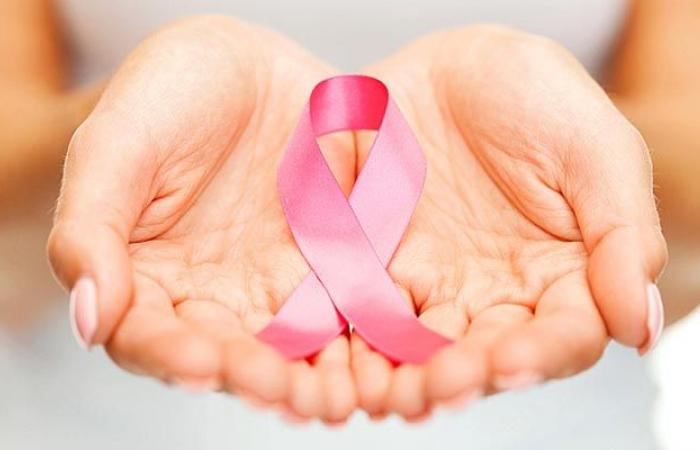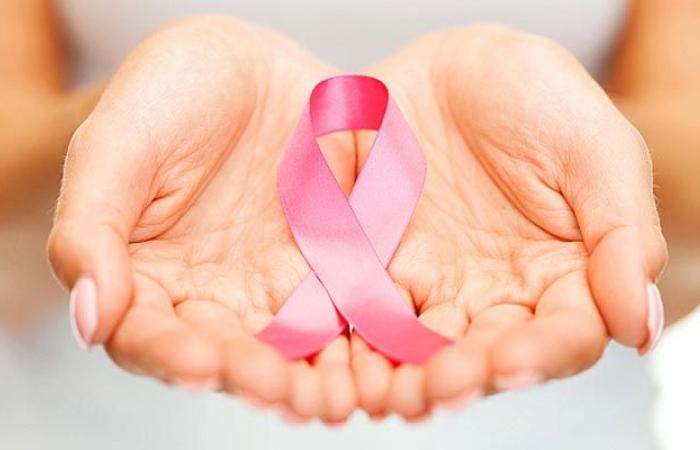Russia's recent cancer vaccine announcement has sparked a mix of hope and caution among the scientific community and the general public. Promising free distribution from early next year, the vaccine aims to stimulate the immune system to recognize and attack cancer cells. This approach is in line with immunotherapy research carried out in other countries, notably in the United Kingdom. However, the very nature of cancer, which is neither a viral nor a microbial infection, raises questions about the effectiveness of a vaccine approach.
The central idea of this vaccine is to train the immune system to target cancer cells. Although this approach is promising, it comes up against the complexity and diversity of the types of cancereach having its own mechanisms. Immunotherapy, although effective for some patients, has significant limitations. It is not suitable for everyone and can even cause serious side effects, such as skin damage, breathing problems or kidney dysfunction, if the immune system is overstimulated. Therefore, these treatments are generally reserved for specific groups of patients, excluding those with immune problems or pre-existing chronic diseases.
Dr Khaled Abou Taim on the Al Arabia channel, an oncology specialist based in London, expresses measured optimism in the face of this announcement. He sees it as a source of hope, while emphasizing that immunotherapy research is still in its early stages and much remains to be accomplished. The effectiveness and safety of vaccine in humans remain to be demonstrated, even if tests on animal models show encouraging results, with success rates of 70 to 80%.
In conclusion, the Russian announcement represents a potentially important step in the fight against cancer, but it should not be interpreted as a definitive solution. The complexity of cancer and the limits of immunotherapy remind us of the need for continued research and clinical trials to fully evaluate the potential of this new vaccine. Caution remains in order in the face of this announcement, which, although encouraging, does not yet constitute a victory against this complex disease.
Morocco







